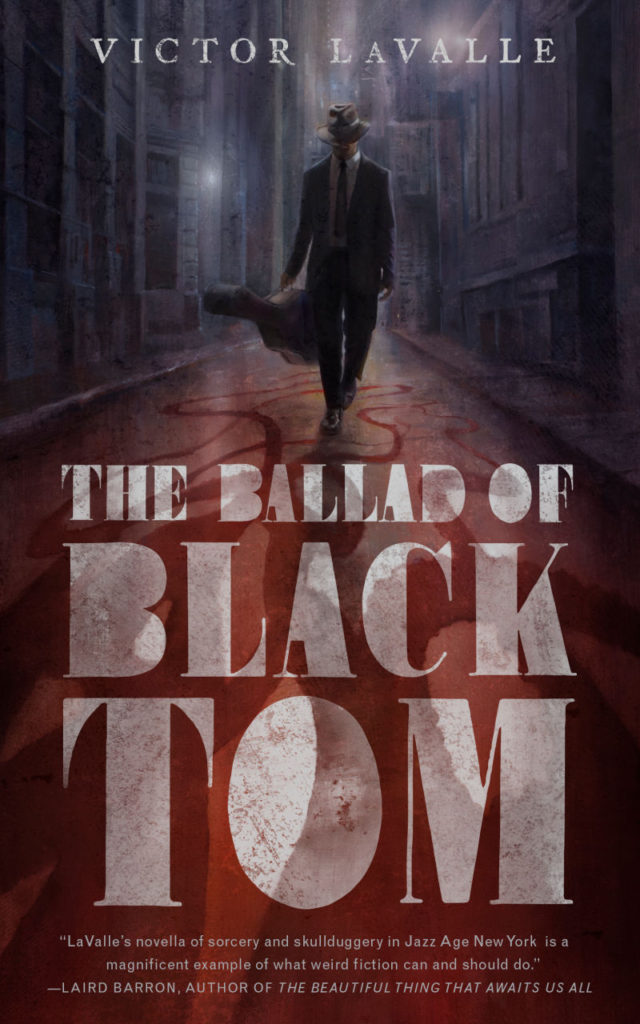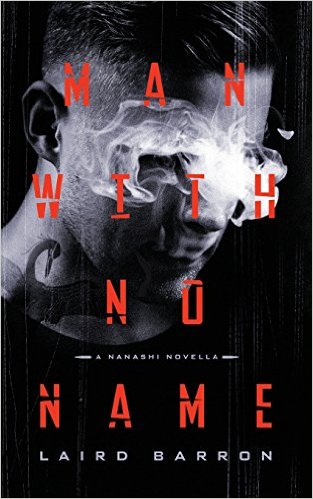Y’all been hearing the same thing I have? That we’re kind of easing into a novella-friendly space? Like:
- http://io9.gizmodo.com/tor-com-explains-why-novellas-are-the-future-of-publish-1685440234
- http://www.nytimes.com/2016/03/22/business/media/james-patterson-has-a-big-plan-for-small-books.html?
And more and more, I’m sure. As for what constitutes a novella, a short novel, a novelette, a long story . . . who knows. I mean: editors know. There’s word-count thresholds. Granted, they maybe vary from house to house, from mag to mag, but they’re more or less not all that different from one another.
Trying to think back to the FIRST novella I ever read, but, man, that’s lost in the mists of elementary school, I’d guess. There’s The Heart of Darkness, of course. And I’ve always dug how the three ‘pieces’ of Stein’s Three Lives hang together, and don’t. And A Canticle for Liebowitz, that’s pretty much three novellas threaded together, yes? Same way Ender’s Game started as a novella, so did Canticle.
All this aside? There’s some good, good stuff happening. Here’s three of them I burned through the last two or three days:



What’s cool with the LaValle is how, instead of trying to impact HPL’s racism head-on, which would probably only serve to stand it up more, he supplants the whole Cthulhu mythos, like. In ways I won’t spoil. But, let me just say: HPL in here? He’s a pest, a hanger-on. He didn’t start this world. He only popularized it. And—like I really need to say this, when talking LaValle—there’s some legit-creepy stuff here, and some lines so nice I kind of want them tattooed on my inner arm, so I can read them whenever.
And, the Malerman, wow. This novella, it’s—it’s like Jonathan Strange and Mr. Norrell, via some of the stories from Datlow’s The Cutting Room anthology. But, also? If there’s to be a main influence here, and it’s not just going to be “horror films,” then it’s Borges. Seriously. This is a story that’s more like a catalog entry—like a dispatch from one world over—and it’s so, so effective (also, puts me in mind of this). Ghastle and Yule, they’re more real to me than many supposedly ‘real’ people.
As for the Barron, he’s got the novella down. His X’s for Eyes flat blew me away just with its velocity, and this one moves just as fast—though without the pulp-veneer. Reading this is like you’re reading Cormac McCarthy, just, a McCarthy who’s spent the last half-year reading all the issues of Wolverine where he ends up in Japan, and then watching Black Rain every evening. I mean, there’s a massive pro-wrestler here, there’s an undead dog, there’s gangsters and cigarettes and whiskey and gore, and, because this is Barron, there’s some of the killerest lines you’ll ever chance to read.
Can’t recommend these three enough. Seriously, they up the game. Not the novella-game, the fiction game. The writing game. And they set the bar so high for what I’m reading next—however, as that’s Brian Evenson (I’m already one story in to A Collapse of Horses), that bar is cleared, of course. Nobody brings it like Evenson.
And, one of those links up above, they—I think it’s Patterson, talking—say that the novella is like “reading a movie.” And, yeah, that’s not exactly wrong, I don’t think. The novella does tend to translate better to the screen than the novel. Or, there’s never enough time in a movie to put all of the novel. But there’s usually room for all of a novella. The Body, anyone? Rita Hayworth and the Shawshank Redemption? I always think of Brokeback Mountain as a novella too, though I guess it’s really a long old short story, even the ‘expanded’ version that’s in the collection.
Anyway, I’ve had some novellas published too, and I kind of wish I could harken back to that experience, draw something passonable about them, about the form, the intent, the whatever. Except? Except all I really learned, if I learned anything, it’s that a novella isn’t really as long as a novel, but it’s longer than a story. “Scope” is maybe a difference, or some kind of distinguishing trait, except there’s going to be a hundred and one exceptions, of course. As there always should be.
We finally can’t hammer fenceposts around a form, I don’t think. Any attempt to keep it in with our imaginary barbwire always fails. Which is to say: this is an a-live animal we’re dealing with. One that wants out.
Me, I’m just glad some of them are getting out and onto my shelves.

 is the NYT bestselling author of 30 or so books, +350 stories, some comic books, and all this stuff here. He lives in Boulder, Colorado, and has a few broken-down old trucks, one PhD, and way too many boots. More
is the NYT bestselling author of 30 or so books, +350 stories, some comic books, and all this stuff here. He lives in Boulder, Colorado, and has a few broken-down old trucks, one PhD, and way too many boots. More